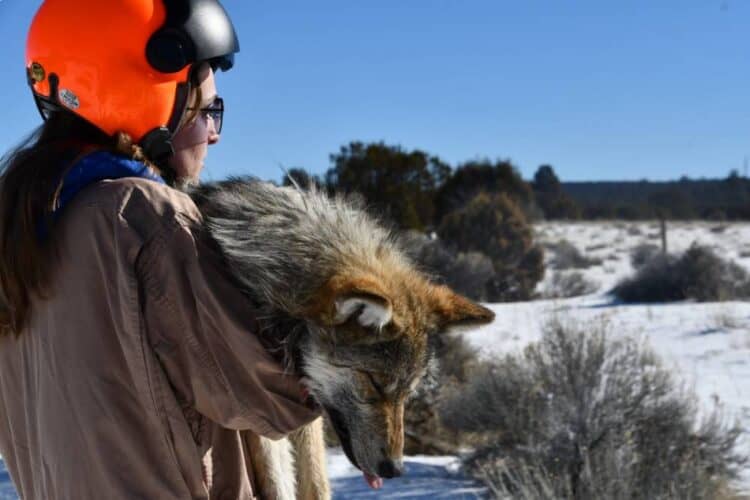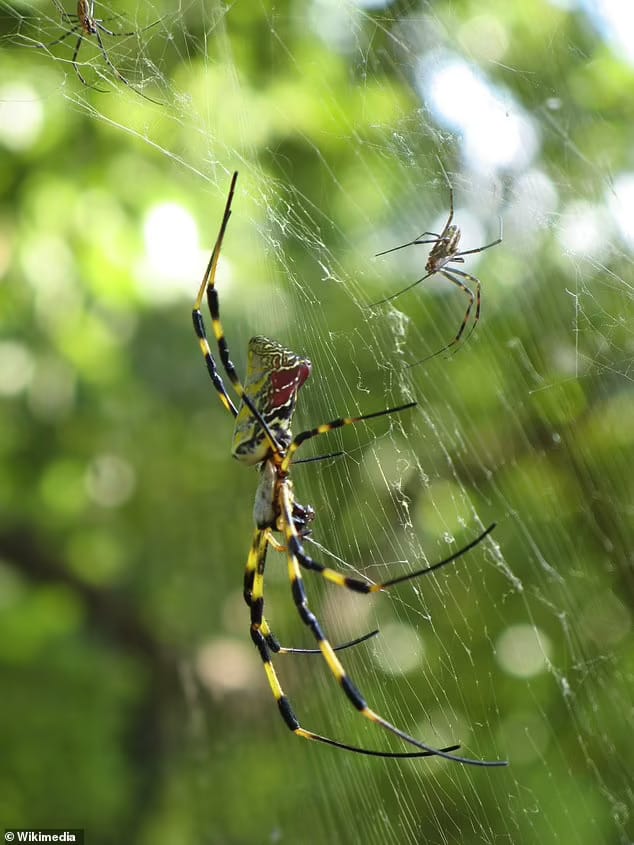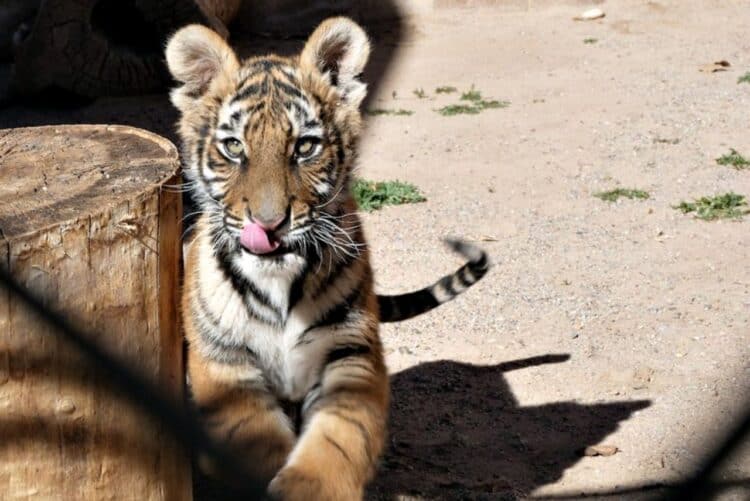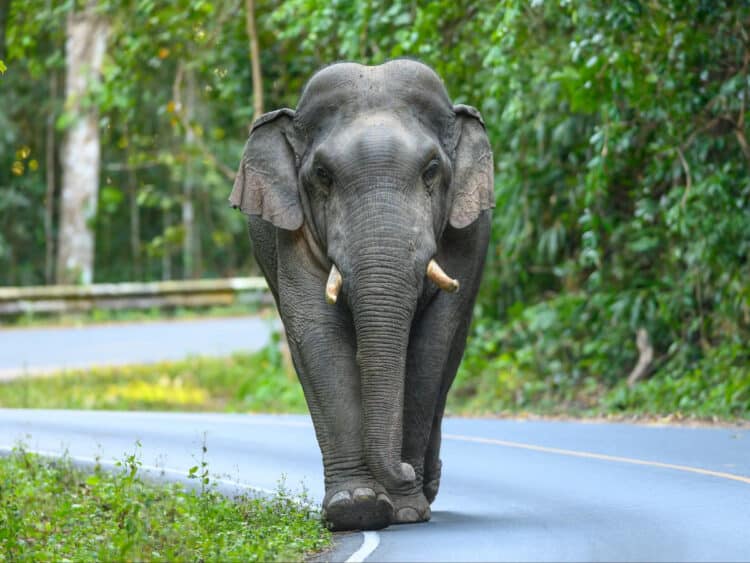Whether you just have a fascination with big cats, or you actually live in Arizona or New Mexico, the idea of Jaguars being reintroduced to the United States is fascinating. Local governments and ecologists have speculated that doing so will create a healthier, more sustainable ecosystem in the South West.
Jaguars are native to South America, Central America and the Amazon Basin. The mountain range that conservators are looking to rehome them is full of water, prey and is far away from any local communities. They are planning on re-introducing up to 150 animals to this area, which could bring a new predator to maintain the balance of their local environment.
The Concerns
Some people are concerned about what could happen if the animals are brought back to this area, as there is a history of these kinds of plans going wrong. In the past, there have been species brought into the country in hopes that they can hunt an invasive species, or be a great asset to the ecosystem. It’s a risk that many scientists are willing to take, but has the potential to cause long lasting side effects.
These kinds of projects not only harmed the natural area, but also created tense, toxic spaces for the government and scientists involved in the project. To learn more about toxic workplaces, follow this link: https://www.mind-diagnostics.org/blog/toxic-workplace.
The Potential
Many scientists and wildlife experts believe that we have learned from our mistakes, and that successful re-introductions happen all the time. The mountainous area that they are planning on bringing the Jaguars to is full of water sources, prey and could be very hospitable for these big cats.
Jaguars were originally living in the area, but hunting and habitat loss led to their extinction. Because of that, scientists are arguing that now that hunting them is illegal and their safety will be protected, they believe they could repopulate in the area and restore the natural balance that once existed.
The Ethics
These days, people question whether the practice of shipping animals from one country to another is ethical. Beyond the fact that it forces these animals to adapt to a new habitat, it also can disrupt the tribes that Jaguars live in. In addition, though hunting these animals is illegal, some environmentalists fear that hunters will continue to go after Jaguars.
With the rise of eco-conscious thought, sustainable practices and veganism, many people are against the idea that animals should be moved from their current climate. Though many animals are extremely adaptable, being forced into another location can be stressful for them. There are times where animals are harmed during transportation, or where they are forced into small cages and uncomfortable living situations.
Why It Matters
When an animal is forced into extinction due to human practices, it disrupts the ecosystem that they were a part of. Other species can overpopulate, which can cause damage to other wildlife in the area. As time has gone on, humans have become more aware of the harm that this overpopulation can cause on crops, nature and it can continue down the food chain.
At the end of the day, all we can hope is that the scientists and decision-makers behind this idea are doing their due diligence to ensure that these Jaguars will be safe and undisrupted. It may be a great change for the South West. Nature consists of a very delicate balance of wildlife, and restoring balance may be the best way that humans can make up for the extinction of this once local animal.
Lead Image: A jaguar by Rhett A. Butler/Mongabay.
What you can do
Support ‘Fighting for Wildlife’ by donating as little as $1 – It only takes a minute. Thank you.







Leave a Reply